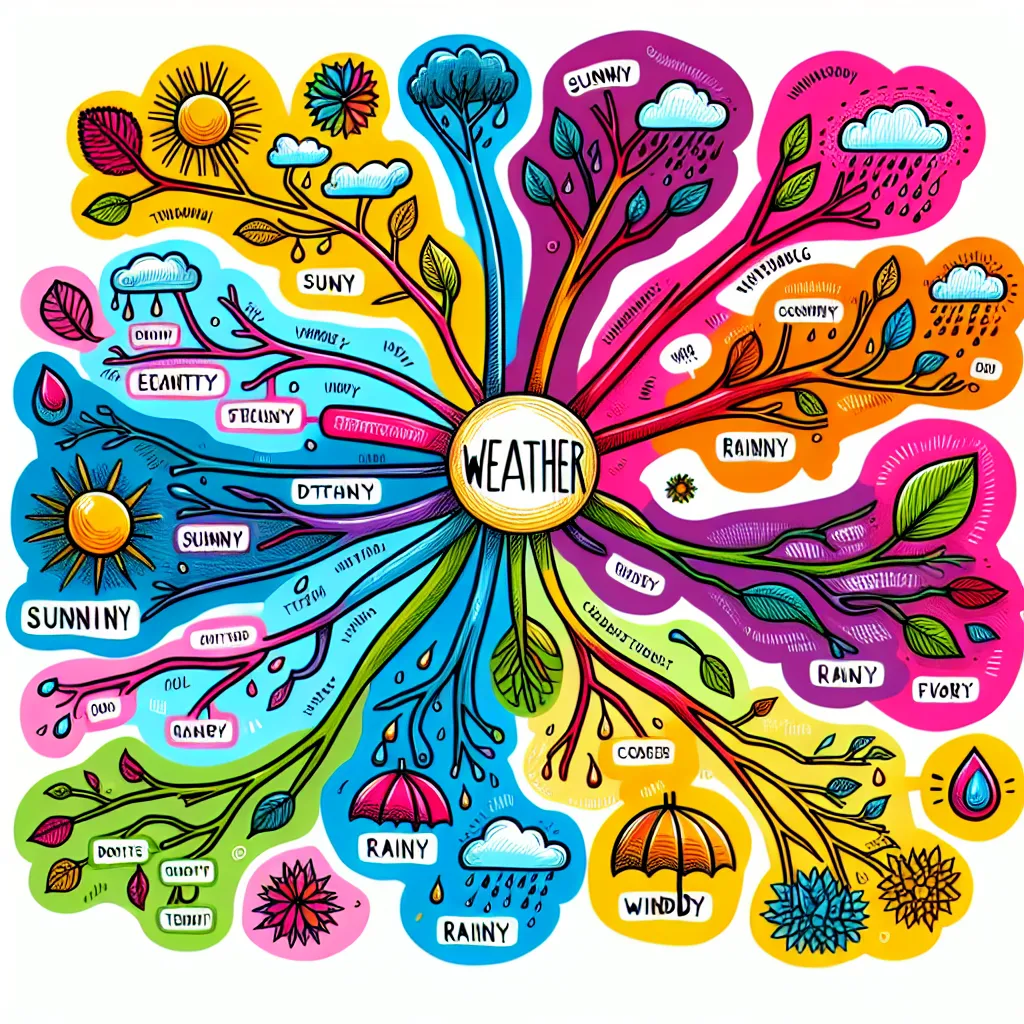Are you struggling to remember new English words? You’re not alone. Many language learners find vocabulary retention challenging. However, with the right techniques, you can significantly improve your ability to memorize and recall English vocabulary. In this comprehensive guide, we’ll explore effective methods to boost your vocabulary retention skills.
Why Is Vocabulary Memorization Important?
Before diving into techniques, it’s crucial to understand why vocabulary memorization is a cornerstone of language learning. A rich vocabulary enables you to:
- Express yourself more precisely
- Understand native speakers better
- Read complex texts with ease
- Perform better in language exams like IELTS or TOEFL
 Importance of Vocabulary
Importance of Vocabulary
Effective Techniques for Memorizing English Vocabulary
1. Spaced Repetition
Spaced repetition is a learning technique that involves reviewing information at gradually increasing intervals. It’s based on the psychological spacing effect, which demonstrates that we learn more effectively when we space out our learning over time.
How to implement spaced repetition:
- Learn new words
- Review them after 1 day
- If you remember, increase the interval to 3 days
- If you still remember, increase to a week, then two weeks, and so on
Tools like Anki or Quizlet can automate this process for you, making it easier to stick to a spaced repetition schedule.
2. Mnemonics and Association
Mnemonics are memory techniques that help you associate new information with something you already know. This method can make abstract or unfamiliar words more concrete and memorable.
Examples:
- To remember “loquacious” (talkative), think of a “low-key shush” – the opposite of being quiet
- For “ubiquitous” (found everywhere), think of “UBI” (Uber) being everywhere in cities
3. Contextual Learning
Learning words in context is more effective than memorizing isolated definitions. It helps you understand how words are used in real-life situations.
Tips for contextual learning:
- Read extensively in English
- Watch English movies and TV shows with subtitles
- Listen to English podcasts
- Use new words in sentences
For more on this technique, check out our article on how to learn English vocabulary contextually.
4. Mind Mapping
Mind mapping is a visual technique that helps you connect related words and concepts. It’s particularly useful for learning word families or thematic vocabulary.
How to create a mind map:
- Write the main topic in the center
- Draw branches for subtopics
- Add related words to each branch
- Use colors and images to enhance memorization
 Mind Mapping for Vocabulary
Mind Mapping for Vocabulary
5. The Keyword Method
The keyword method involves creating a mental image that links a new word to a similar-sounding word in your native language.
Example:
To remember the Spanish word “pato” (duck), an English speaker might imagine a duck eating a pot of food.
6. Vocabulary Notebooks
Keeping a dedicated vocabulary notebook can help you organize and review new words systematically. Here’s how to structure your notebook:
- New word
- Definition
- Example sentence
- Synonyms/Antonyms
- Related words
- Personal association or mnemonic
7. Use Technology
Leverage technology to enhance your vocabulary learning:
- Vocabulary apps (e.g., Memrise, Duolingo)
- Online dictionaries with pronunciation (e.g., Merriam-Webster, Oxford)
- Flashcard apps (e.g., Anki, Quizlet)
- Vocabulary games and quizzes
For more tech-savvy learning strategies, explore our article on strategies for improving English comprehension in diverse contexts.
Important Considerations
While using these techniques, keep in mind:
- Consistency is key. Regular practice yields better results than sporadic intense sessions.
- Combine methods for optimal results. Different techniques work better for different people and words.
- Focus on high-frequency words first. They’ll give you the most bang for your buck in everyday communication.
- Don’t neglect pronunciation. Knowing how to say a word correctly enhances memorization.
- Review regularly to prevent forgetting. The “forgetting curve” shows that without review, we quickly forget new information.
Next Steps
Now that you’re equipped with Effective Techniques For Memorizing English Vocabulary, it’s time to put them into practice:
- Choose a method that appeals to you and start with a small set of new words (10-15).
- Implement a daily review schedule using spaced repetition.
- Gradually increase your vocabulary load as you become more comfortable with the techniques.
- Track your progress by testing yourself regularly.
- Join language exchange groups or find a language partner to practice using your new vocabulary in conversation.
For additional strategies to enhance your English language skills, consider reading our article on tips for mastering English through structured debates.
Remember, learning vocabulary is a gradual process. Be patient with yourself and celebrate small victories along the way. With consistent application of these techniques, you’ll see significant improvements in your English vocabulary retention and overall language proficiency.
We’d love to hear about your experiences with these techniques or any other methods you’ve found effective. Share your thoughts in the comments below, and don’t forget to explore our other articles for more English learning tips and resources!




